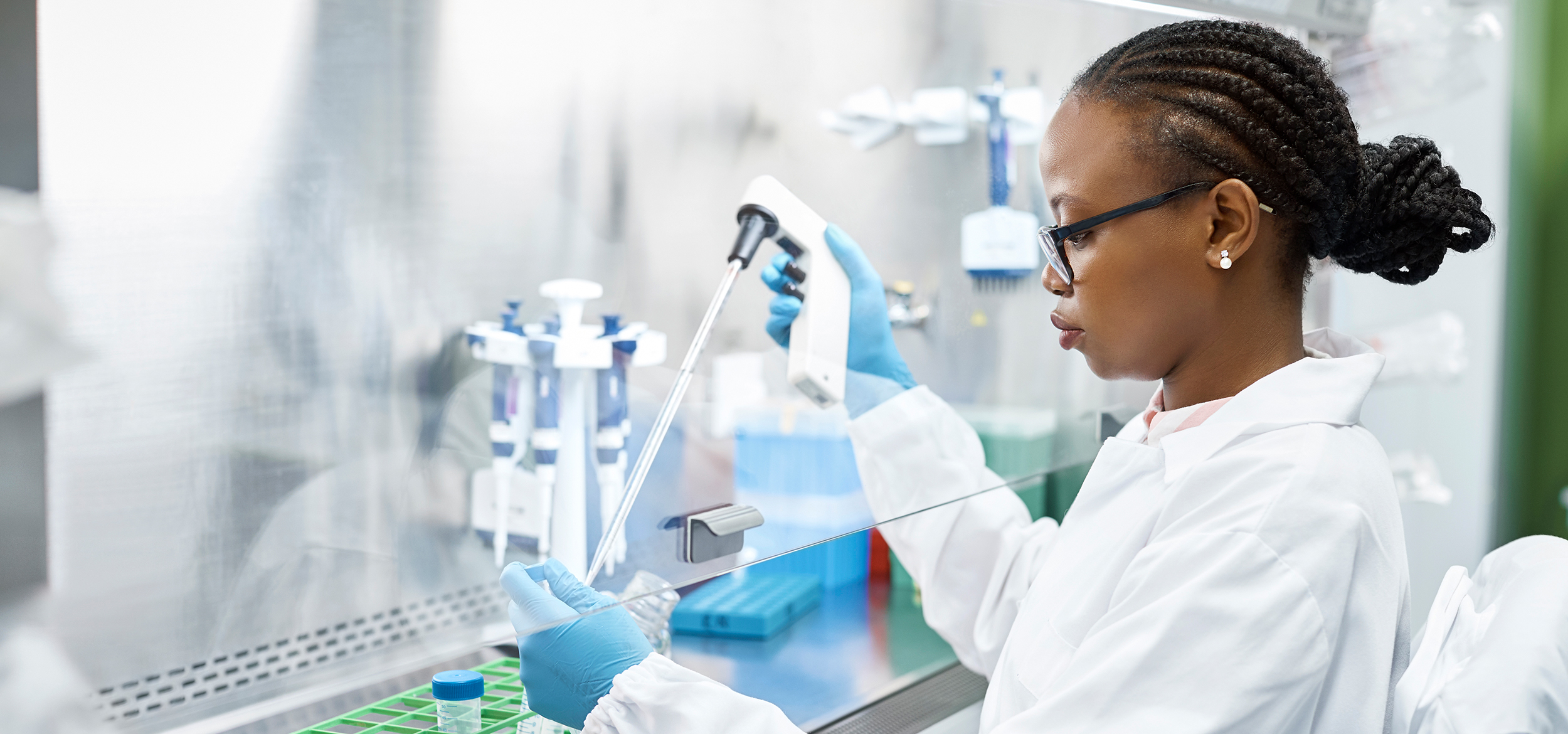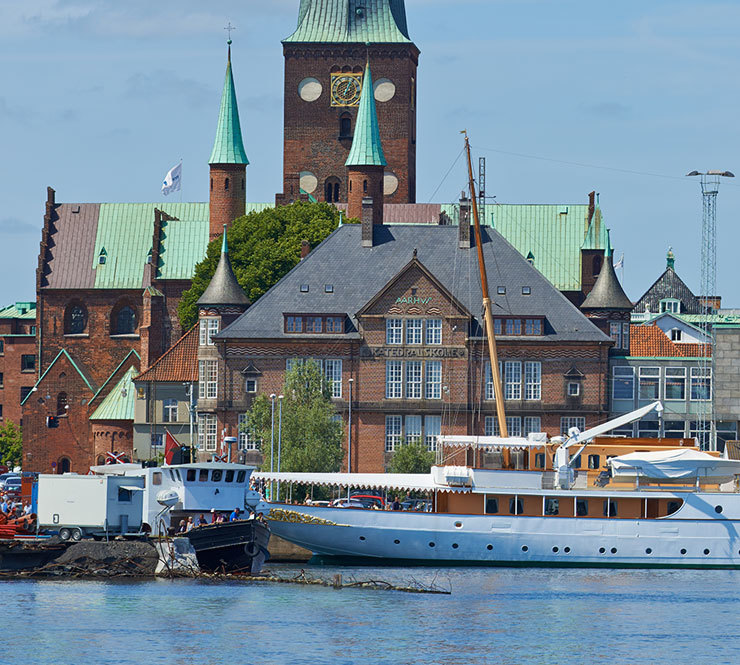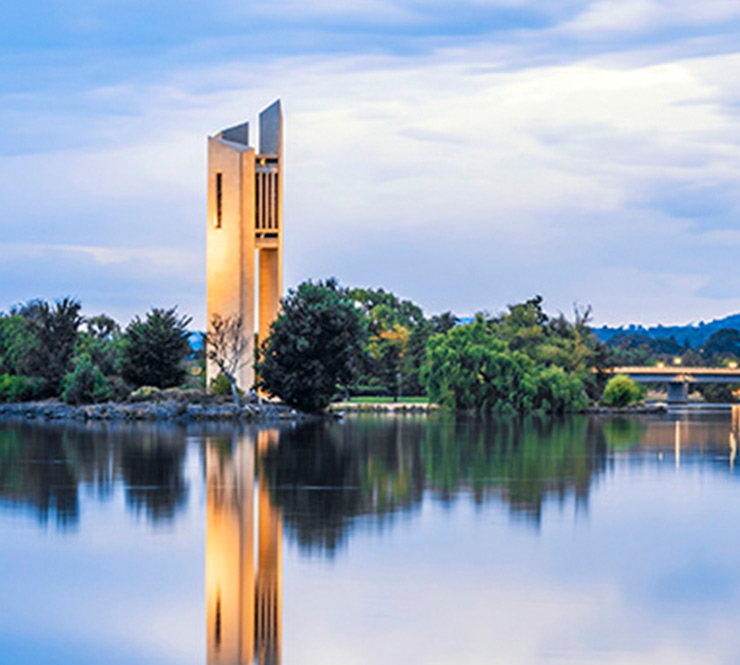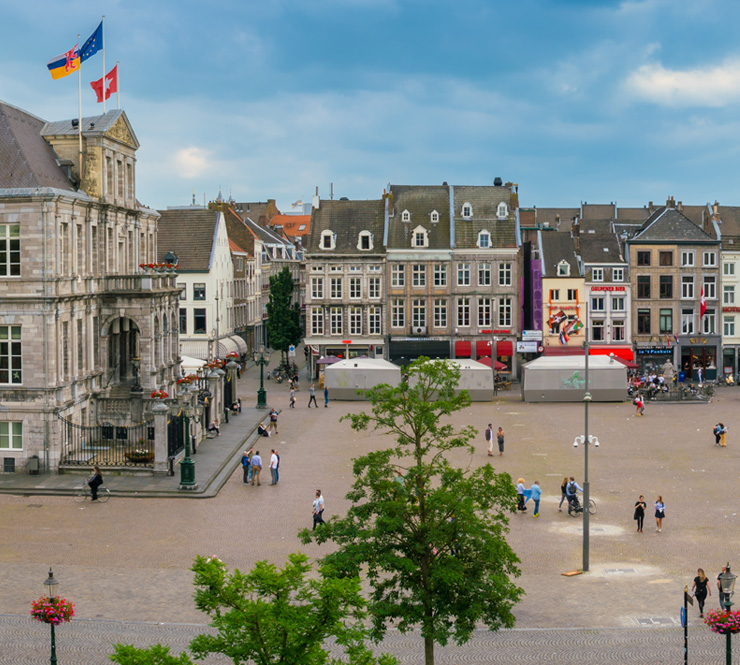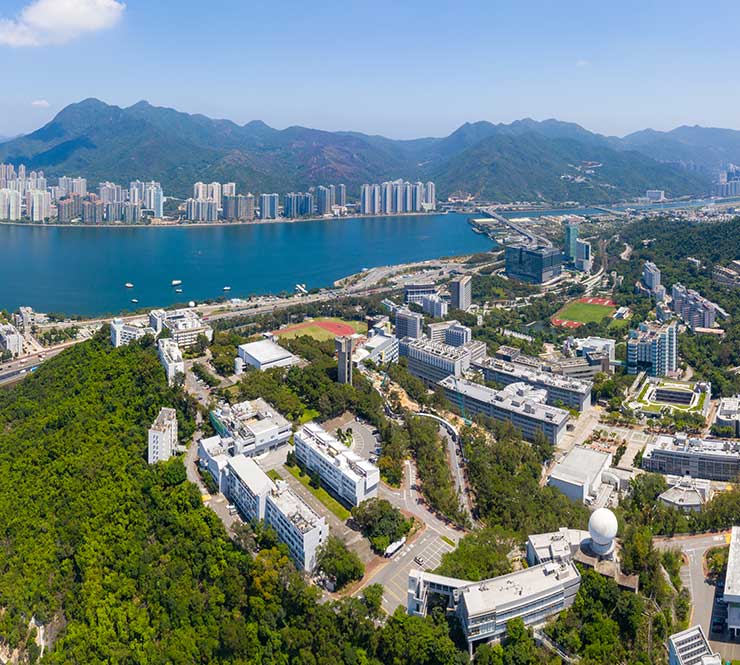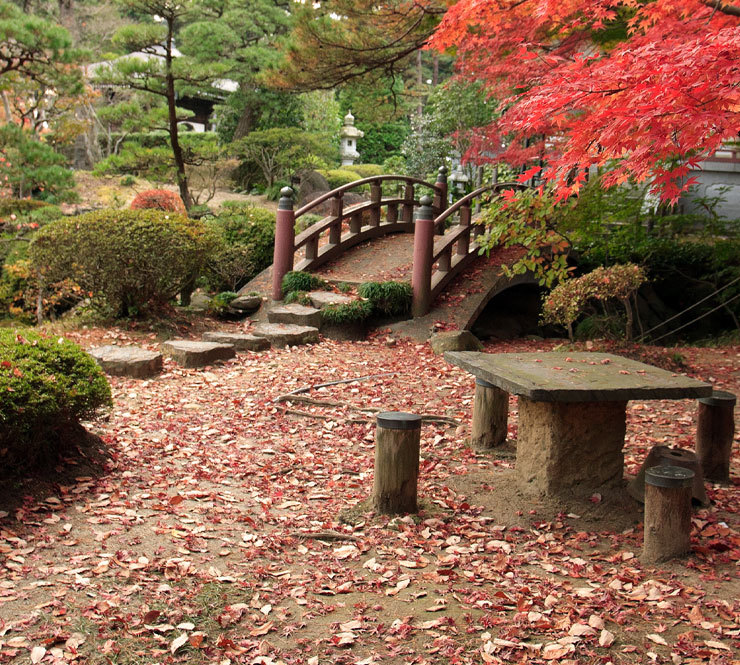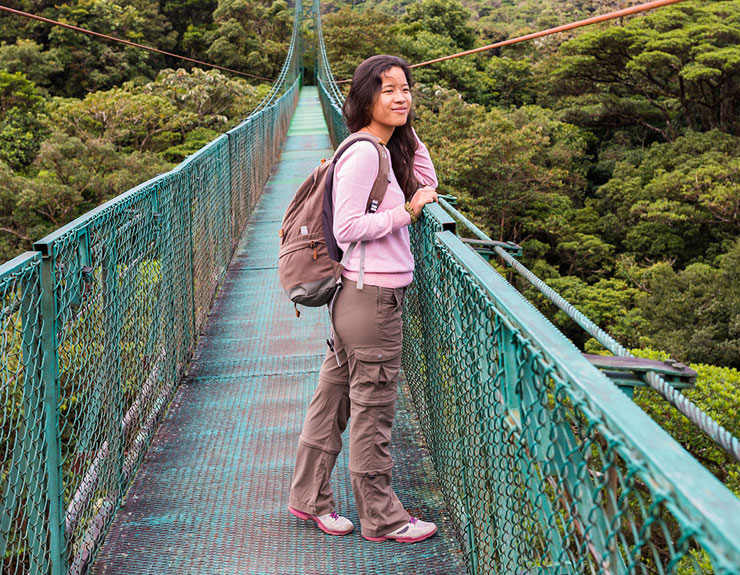Take your biological sciences studies international to connect molecular mechanisms with organismal biology and ecosystems—linking lab techniques to real‑world environmental and medical challenges. International study immerses you in diverse research environments, model organisms, and field sites, expanding how you design experiments, analyze data, and translate findings from bench to field. You’ll advance in biochemistry, cell and molecular biology, genetics and genomics, physiology, and ecology while tackling projects such as cancer biology, hormone signaling pathways, biodiversity monitoring, and conservation genomics. Build your portfolio through laboratory rotations, field expeditions, and collaborations with research institutes and museums—strengthening experimental rigor, quantitative analysis, and the ability to apply biological insight to health and environmental problem‑solving worldwide.
This opportunity increased my confidence in myself and my abilities. I know I will be coming back to the US as a changed and improved version of myself, with more than just the memories and experiences I was expecting from my time abroad.
I knew this program was essential to understanding my passion and would fuel my soul in a way regular academics could not. This program changed the mold of my learning and challenged me to be a better researcher and person. I now view the world differently—through a lens of discovery rather than academics.
This internship opened my eyes to the ways fieldwork can be incorporated into ecological research. During my time in this position, I participated in rewarding work with native wallabies, walked through eucalyptus forests collecting data, and analyzed incredible images of native fauna like the echidna. My desire to dedicate my future career to ecological restoration and the development of a sustainable coexistence between humans and nature has not altered; however, I am now open to a career in ecological research, which was something I hadn't considered before my time abroad.
Within three months in Queensland, I was able to conduct two full research projects on North Stradbroke Island in Moreton Bay and Heron Island in the southern Great Barrier Reef. Australia could not have come at a more perfect time in my personal and educational life. I am so grateful to have had this opportunity.
While in Australia, I noticed less trash and pollution in public places than in American cities. Seeing the Great Barrier Reef specifically motivated me to spread awareness of the importance of protecting ecosystems through environmental conservation.
Living outside of the United States in a place completely different from home reinforced my sense of independence and fortified my understanding of the world around me.
I have never had the experience of learning something in the classroom and then seeing it firsthand every single day. Knowledge never came as easily or stuck with me as it did in Australia. I am now working on publishing another scientific paper. My confidence in myself and my ability is multitudes higher since returning from my study abroad experience.
Embracing the challenges, I gained a profound understanding of effective communication. This experience not only strengthened my commitment to a future in medicine, it also equipped me with a versatile skill that extends beyond academic boundaries.
This internship brought my STEM textbooks to life in ways I'd never experienced at UCSB. Working hands-on with devices and collaborating with their creators showed me how scientific concepts evolve into real-world applications. I'm grateful for the opportunity to use my science background while expanding into new areas of STEM.
This internship connected deeply with my major, and the project topic aligns with my studies in ecology and my interest in understanding how organisms interact with the built environment. I was able to apply previous coursework in biology and environmental analysis to conceptualize the influence of population density and prospective land use. While working on the project, I collaborated with experts in entomology, and I was able to merge my academic knowledge of ecosystems with practical skills of geospatial mapping and data management. The confidence and skills have advanced my ability to interpret complex maps and my understanding of urban ecology's influence on biodiversity, which will aid my studies as I continue to explore my interest in how humans shape and influence biodiversity.
During my study abroad internship, I worked in the emergency department at Hadassah Hospital. It was a rewarding experience that taught me what it was like for staff to work together to successfully triage and care for patients.
